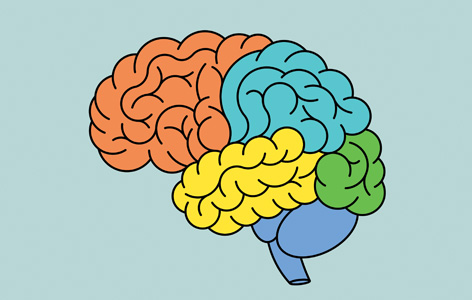
A new study by TRI Affiliate Scientist Dr. Yana Yunusova has revealed that a custom speech pattern detection software may help improve the way two related neurological diseases are detected.
The first disease, referred to as amyotrophic lateral sclerosis (ALS) is caused by rapid deterioration of motor neurons in the brain and spinal cord. It manifests in different forms and can affect an individual's ability to swallow and speak.
The second, termed frontotemporal dementia (FTD), is actually a group of conditions that affect the parts of the brain that control behaviour and the ability to use language appropriately.
Dr. Yunusova conducted a study in which patients with ALS or FTD were asked to read a passage that was recorded and analyzed with custom-made software. By using the software to analyze speech rates, duration of speech and number and duration of pauses, her team was able to identify differences between the different types of ALS and FTD.
"Both of these diseases exist on a continuum where patients with one form often exhibit symptoms of the other," explains Dr. Yunusova. "Our study provides an easy detection tool which may be able to point to which symptoms are predominant in which patients. This could help to improve how accurately clinicians diagnose these conditions."
This work was supported by the National Institutes of Health, the Canadian Institutes of Health Research and the ALS Society of Canada.
Profiling speech and pausing in amyotrophic lateral sclerosis (ALS) and frontotemporal dementia (FTD). Yunusova Y, Graham NL, Shellikeri S, Phuong K, Kulkarni M, Rochon E, Tang-Wai DF, Chow TW, Black SE, Zinman LH, Green JR. PLoS One. doi: 10.1371/journal.pone.0147573. 2016 Jan 20. [Pubmed abstract]




